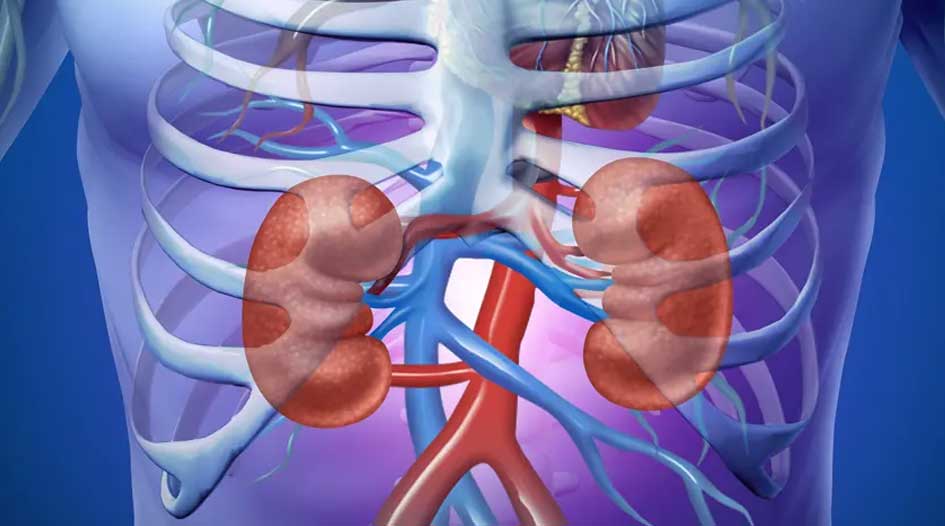
Acute Kidney Injury
Treatment for Acute Kidney Injury (AKI) depends on the cause. After an AKI diagnosis, the primary goal of your care team is to treat whatever is causing your Acute Kidney Injury, so your kidneys can regain function. Acute Kidney Injury is also sometimes called acute renal failure (ARF) or acute kidney failure (AKF).
Acute kidney injury means your kidneys stop working suddenly. AKI requires immediate treatment and may be reversible if diagnosed and treated quickly—unlike Chronic Kidney Disease (CKD), which is kidney damage that typically progresses slowly over a period of time and is not reversible. Some people diagnosed with AKI will need temporary dialysis until normal kidney function returns.
What are the symptoms of AKI?
You may not have any symptoms of AKI. It may be found after a blood test.
Or you may have symptoms that your kidneys are not working properly:
- Your urine amount might decrease
- The colour of your urine may change
- You feel ill
- Your legs or feet might swell up
- You feel very thirsty
What causes AKI?
AKI can be caused by:
- An infection
- A reaction to medication
- Low blood pressure
- Dehydration
- Kidney Stones among other causes
How will my AKI be treated?
This will depend on how it was caused. AKI may get better with simple treatments like drinking more water.
If you need extra fluids quickly you may need a drip that sends fluid directly into your body through a tube that is put into your arm with a needle.
Your blood pressure will need to be checked regularly.
If your kidneys are very damaged, your blood may need to be cleaned by a machine. This is called dialysis. You may only need to be on this for a short amount of time until your kidneys recover.
Recovering from an Acute Kidney Injury Most people make a full recovery from AKI and do not need any long-term treatment.
Your doctor will check your blood pressure regularly to make sure you are doing okay.
You should check with your doctor before taking any new medicine in case it could damage your kidneys.



